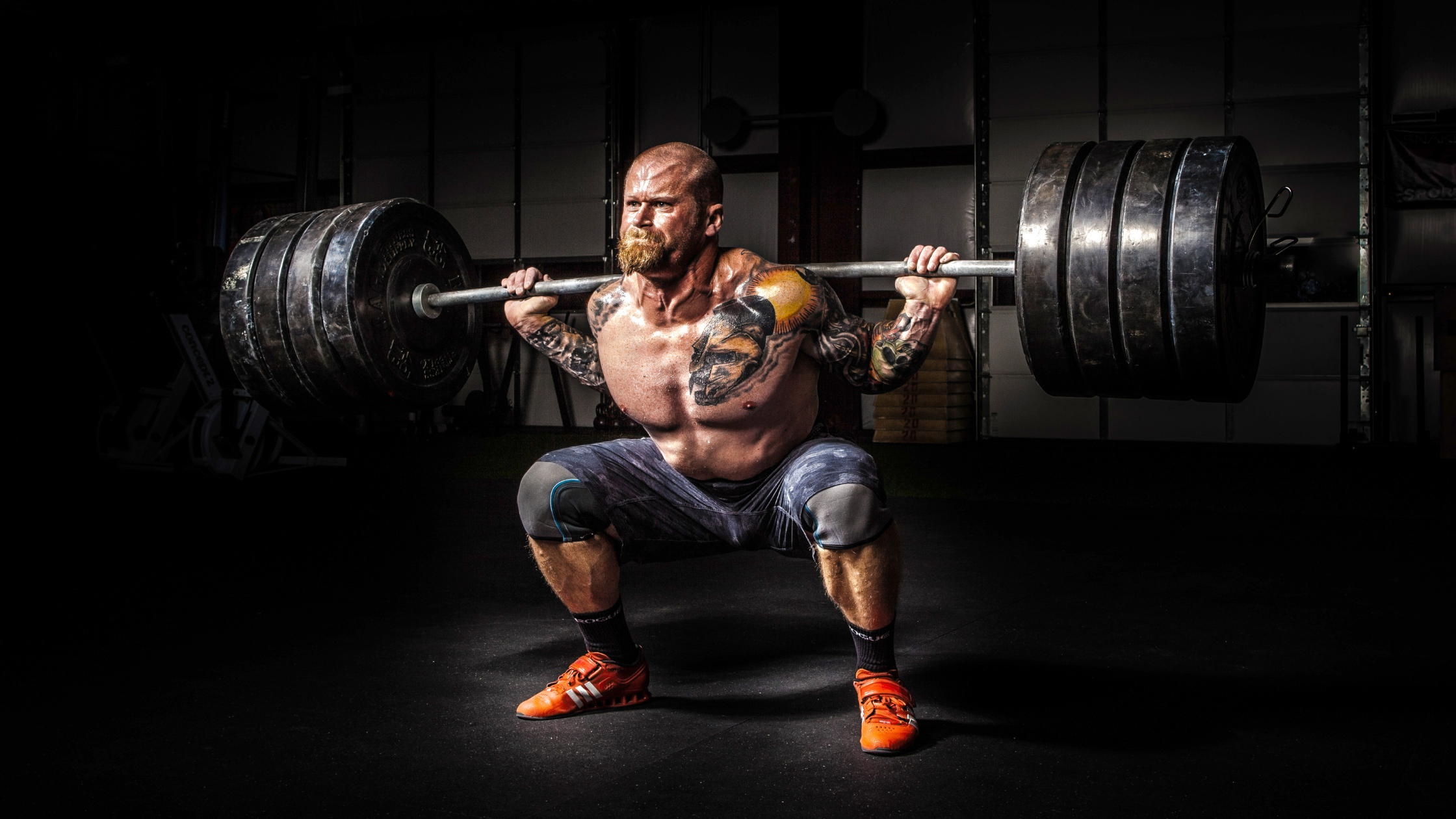
Powerlifting, an exhilarating sport that combines raw strength, technique, and mental focus, has gained immense popularity in recent years. Athletes from all walks of life are drawn to the challenge of lifting heavy weights and pushing their physical limits. While the importance of training, nutrition, and recovery are well-known in powerlifting circles, one crucial factor often overlooked is the role of sleep. In this blog post, we delve into the intricate relationship between powerlifting and sleep and explore how quality sleep can elevate your performance, enhance recovery, and optimize gains.
The Science of Sleep and Powerlifting Performance
Sleep is a fundamental physiological process that allows our bodies and minds to rest, repair, and rejuvenate. For powerlifters, sleep plays a critical role in enhancing their overall performance. Here's a closer look at the science behind this connection:
Muscle Recovery and Repair
During sleep, the body undergoes essential processes that facilitate muscle recovery and repair. Deep sleep stages are when growth hormone is released, promoting tissue regeneration and muscle protein synthesis. By getting adequate sleep, powerlifters provide their bodies with the necessary conditions for optimal recovery, leading to increased muscle mass, strength gains, and reduced risk of injury.
Hormonal Balance
Sleep plays a pivotal role in maintaining hormonal balance, which is vital for powerlifters seeking strength and muscle gains. Insufficient sleep disrupts the delicate balance between anabolic (muscle-building) and catabolic (muscle breakdown) hormones. Growth hormone, testosterone, and insulin-like growth factor-1 (IGF-1) are released during sleep, promoting muscle repair and growth. Skimping on sleep can hinder hormone production and negatively impact powerlifting performance.
Cognitive Function and Focus
Powerlifting demands intense concentration and focus during training and competition. Sleep deprivation can impair cognitive function, including memory, attention, and decision-making abilities, leading to decreased motor skills and reaction times. Sufficient sleep optimizes mental clarity, reaction speed, and overall cognitive performance, enabling powerlifters to execute their lifts with precision and accuracy.
Sleep Optimization Strategies for Powerlifters
Now that we understand the importance of sleep in powerlifting, here are some strategies to optimize your sleep quality and reap the benefits:
-
Prioritize Sleep Quantity: Aim for 7-9 hours of uninterrupted sleep each night. Consistency is key, so establish a regular sleep schedule by going to bed and waking up at the same time every day, even on weekends.
-
Create a Sleep-Friendly Environment: Make your bedroom conducive to sleep by keeping it cool, dark, and quiet. Invest in a comfortable mattress, supportive pillows, and blackout curtains. Minimize exposure to electronic devices before bed, as the blue light emitted can disrupt sleep.
-
Establish a Pre-Bedtime Routine: Develop a relaxing routine before bed to signal to your body that it's time to wind down. This could include activities such as reading, taking a warm bath, practicing deep breathing or meditation, or listening to calming music.
-
Monitor Your Nutrition and Hydration: Avoid heavy meals close to bedtime and limit caffeine and alcohol consumption, as they can interfere with sleep quality. Stay adequately hydrated throughout the day, but reduce fluid intake a few hours before bed to minimize disruptions from bathroom visits.
-
Incorporate Recovery Techniques: Utilize strategies like foam rolling, stretching, and light mobility work to relax your muscles before sleep. These techniques can enhance blood circulation, alleviate muscle tension, and promote a more restful night's sleep.
Conclusion
Powerlifting is a physically and mentally demanding sport that requires dedication, discipline, and a comprehensive approach to training. Among the numerous factors contributing to success, sleep plays a pivotal role in optimizing powerlifting performance. By recognizing the intricate relationship between powerlifting and sleep and implementing strategies to improve sleep quality, athletes can unlock their true strength potential, accelerate recovery, and achieve new milestones in their powerlifting journey. So, don't underestimate the power of a good night's sleep—let it become an essential part of your training regimen and witness the transformative impact on your powerlifting endeavors.
If you are continuing to have sleeping trouble, that may be a sign of an underlying problem. Please click the orange button below to take a free online sleep test and talk with one of our sleep health professionals.

